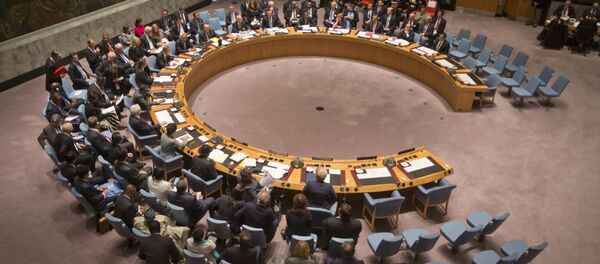The Nusra Front declared its final split from the Islamic State in February last year, when its leader Abu Mohammad al-Golani accused ISIL fighters of being "misguided awakening forces whose goal is to undermine the jihad," Al-Akhbar reported, after the killing of Abu Khalid al-Suri, a commander of the Syrian Ahrar al-Sham group, who had links to al-Qaeda chief Ayman al-Zawahiri.
The news of the Qatari offer to al-Nusra comes after Hazzm, one of the largest remaining non-jihadist rebel groups in Syria, which has received backing from the US, last month announced its dissolution and merger with the Islamist Levant Front, also known as Jabhat al-Shamiya, a group of insurgent factions with include the Saudi-backed Islamic Front, after clashes with al-Nusra close to Aleppo.
A Qatari official told Reuters that the Qatari authorities are promising more money and supplies if the militant group, which the US designated as a terrorist organization in December 2012, gives up its ties with al-Qaeda and renames itself as part of a new force which will ally with other militias against the Islamic State.
In November of last year, it was reported that Qatar was training rebel fighters affiliated with the FSA and other rebel groups at a desert base located close to Al Udeid Air Base. Al Udeid is maintained by the US and is its largest airbase in the Middle East. Qatar was also reported to be considering training members of the Islamic Front, a coalition of rebels which it deemed less militant than the al-Nusra Front.
In April 2013, Islamic State in Iraq leader Abu Bakr al-Baghdadi, then allied with al-Qaeda, announced the affiliation of his organization with the al-Nusra Front, and the amalgamation of the two into the Islamic State in Iraq and the Levant. Although the move was rejected by leaders of al-Nusra and al-Qaeda, it was strengthened by fighters loyal to Baghdadi who split from the weakened al-Nusra to fight for the Islamic State in Syria.




